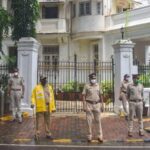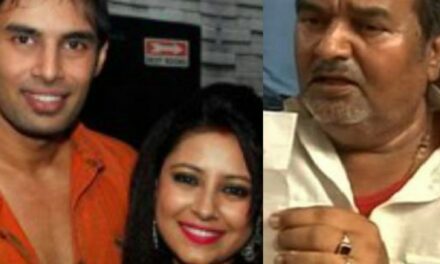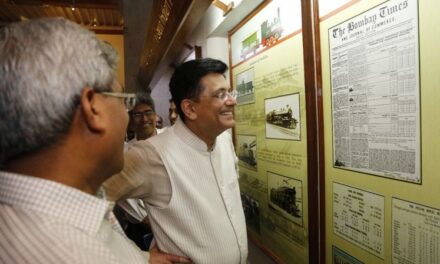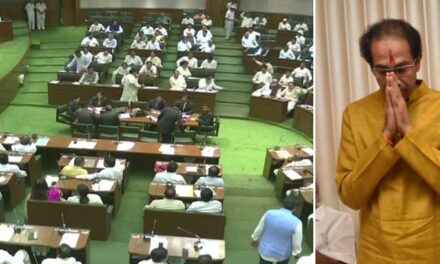
Can’t bar politicos with criminal cases, but parties have to publicise their records in media: SC
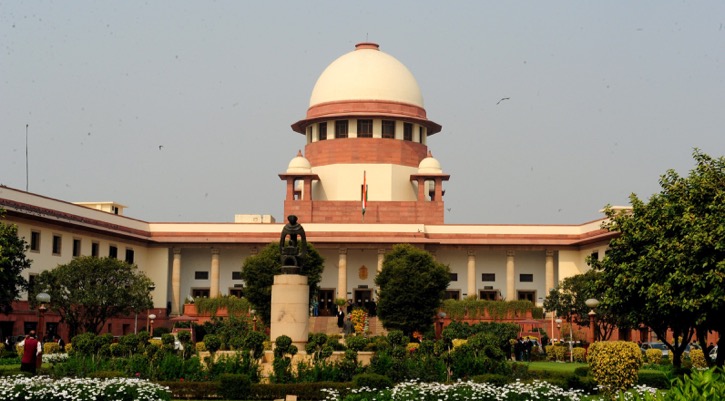

The Supreme Court put the onus of disqualifying lawmakers facing criminal charges on the parliament, while asking parties and candidates to publish their criminal records at least 3 times in newspapers and TV channels after filing nomination papers
The Supreme Court on Tuesday put the onus of disqualifying candidates with criminal charges from contesting polls on the parliament while mandating that they will have to ‘declare’ their criminal antecedents to Election Commission and citizens.
Currently, only those convicted of heinous crimes like murder, rape and kidnapping are barred from contesting elections.
A five-judge Constitution bench, headed by Chief Justice Dipak Misra, said that citizens have a right to be informed about the antecedents of their candidates.
In the unanimous verdict, the bench, also comprising Justices R F Nariman, A M Khanwilkar, D Y Chandrachud and Indu Malhotra, said that political parties are obligated to make public all the information about their candidates.
The apex court, favouring wider publicity, asked political parties and candidates to publish their criminal records at least three times in newspapers and TV channels after filing of nomination papers to ensure voters can make a well-informed decision.
It further asked the legislature to consider framing a law to ensure the decriminalisation of politics. The bench said that informed choice is the cornerstone of democracy and termed criminalisation of politics of the largest democracy as “unsettling”.
Attorney General KK Venugopal, representing the centre, meanwhile argued on the grounds of ‘innocent until proven guilty’ and said that barring a person from contesting would also amount to the denial of vote, which is included in the right to contest.
The petitions were reportedly opposed by the centre, which stated that it was not within the courts’ right to add new disqualifications that were not found in the statute.
The verdict was pronounced on a batch of pleas raising a question whether lawmakers facing criminal trial can be disqualified from contesting elections at the stage of framing of charges against them.
The status before the filing of these petitions was that lawmakers were barred under the Representation of Peoples (RP) Act from contesting elections only after their conviction in a criminal case.
Back in March, the union government informed the Supreme Court that a total of 1,765 representatives, including MPs and MLAs, a little over a third of all representatives in India, face criminal charges.
With agency inputs



